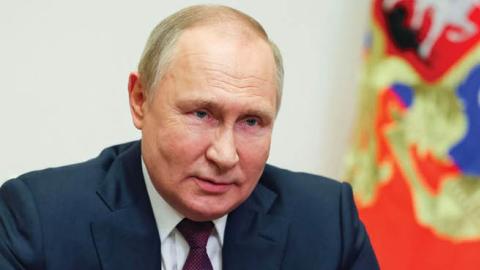Five months into the war in Ukraine, Vladimir Putin’s army continues to flounder. Kyiv’s defenders are making up for their smaller numbers and artillery shortages with better commanders, smarter tactics, higher morale and, increasingly, better weapons as Western high-tech arms reach the battlefield.
Mr. Putin has had the most success, paradoxically, in the domains of economics and politics, where the West thought its power was strongest. Fears that a Russian gas embargo could cripple European economies and leave comfortable German burghers freezing in the dark next winter have replaced hopes that Western sanctions would bring Moscow to its knees. Thoroughly intimidated by the consequences of an economic war with Russia, Germany is beginning to weasel out of its pledges to increase defense spending.
Similarly, the early Western optimism that values would unite the world against Russian aggression has fizzled. Led by China and joined by India and Brazil, countries around the world are choosing trade with Russia over solidarity with the Group of Seven.
Read the full article in The Wall Street Journal

















